IN PRAISE OF MELANCHOLY
The pitch for Melancholia, a film by Lars von Trier, praises it as ‘a beautiful movie about the end of the world’, hardly a strong marketing angle to encourage crowds to flock to the box office for a bit of light entertainment. The truth is that melancholy itself gets a really bad rap all round these days. It’s generally associated with the state of depression and there are even technical definitions for ‘structural’ and ‘functional’ melancholia among professionals. In such states, ECT (Electroconvulsive Therapy) and medication are usually the first lines of defence.
The concept of melancholy can also be traced back to its Greek meaning of ‘sadness’, or worse, its literal meaning of ‘black bile’. It is traditionally one of the four personality types, attributable to Hippocrates, the father of Western medicine. People with such personalities were usually regarded as gloomy or depressive, certainly not the sort of people you want to be stuck with at a party all night. There’s nothing admirable or laudable about this sort of debilitating melancholy or depression.
However melancholy even historically had some redeeming features. In the sixteenth century the artist Giorgio Vasari, reckoned that painters and writers were prone to melancholy but this was a positive thing because it indicated a heightened sensitivity. An engraving depicting melancholia, by the sixteenth century painter Albrecht Dürer, portrays it as a state of waiting for inspiration and nothing to do with depression at all.
In the late sixteenth and early seventeenth centuries melancholy turned into a curious literary cult and it became fashionable for artists to admit to melancholy. Such attitudes became indispensable to anyone with literary pretensions. Paul Verlaine, the French poet of the nineteenth century expressed this feeling beautifully:
‘”It rains on the roofs / As it rains in my heart / What is this sorrow / Which tears at my heart?” (from It Rains in mt Heart)
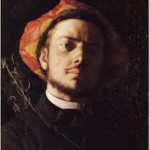
As somebody who is prone to melancholy myself, I’d like to argue for this earlier understanding of melancholy, to praise it as a disposition, a feeling that allows a person to be more open to creative possibilities, a dreamer perhaps, not always at home or comfortable with the realities of the world, someone who half dwells in an in-between world, ‘half in love with easeful Death’ as John Keates says in Ode to a Nightingale. ‘Do I wake or sleep?’ he asks himself in the final line. Although knowing Keates’ habits, he might have been imbibing certain mind-changing substances at the time.
Melancholy can certainly be seen as a depressive state but it can also be understood as a super sensitive state, open to spiritual possibilities, open to more than the normal senses around us can provide. It can be a source of new ideas and more intense feelings. Interestingly the Turkish writer Orhan Pamuk who wrote The Naïve and the sentimental Novelist, one of the finest pieces of the analysis of novel writing I have read, links the concept of melancholy to the modern Turkish word huzun. This word refers to feelings of pain and sorrow over a loss, the death of relatives, or perhaps any ability to feel deeply, surely a necessary attribute of any artist.
I have to confess that since the death of my brother last year, part of my grieving process appears to include feeling still connected to him in the anticipation of being reunited in another world, not in a depressing way but rather in an openness to what comes next. This anticipation seems to enliven and sharpen the connection to the world around even while keeping an eye on the next. I’ve always had a fascination with Sufism and their whirling dervish meditation as a direct line to the divine. Stephen Daisley’s marvelous book, Traitor, set against the background of war, tells the story of David a New Zealand sheep farmer and Mahmoud, a Turkish doctor and Sufi for whom David betrays his country. ‘You are god; we are all gods’ Mahmoud tells David, a sentiment I’ve always identified with.
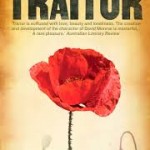
Pamuk also talks about ‘a deeper, more intimate, more secret thing ‘…my own sensory experiences, which I had unconsciously put into all my books, all my characters. I had projected my experiences onto my characters; how I feel when I inhale the scent of rain-soaked earth, when I get drunk in a noisy restaurant, when I regret that I am in love, when I see children playing soccer in the street…’ He gives us a page of ordinary everyday events suffused with intense feeling. Perhaps melancholy intensifies our earthly experiences too.

Of course the ‘fashionable’ melancholic artist can be a bit of a stereotype and ripe for mockery. We melancholic artists ought not take ourselves too seriously. Perhaps the humorist P.G. Wodehouse should have the last word on melancholy: “A melancholy-looking man, he had the appearance of one who has searched for the leak in life’s gas-pipe with a lighted candle.” (The Man Upstairs and Other Stories)

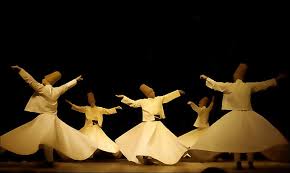


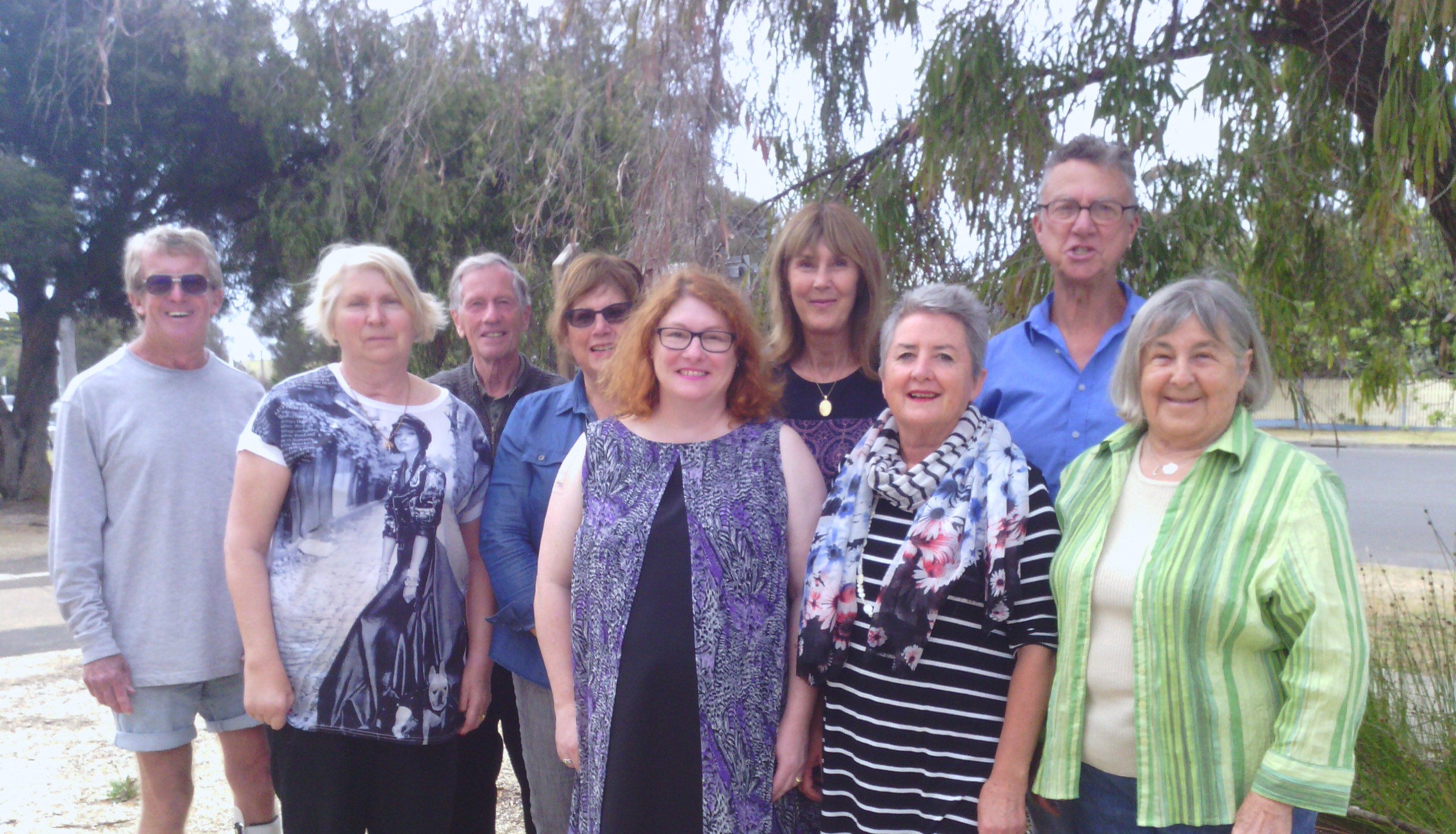
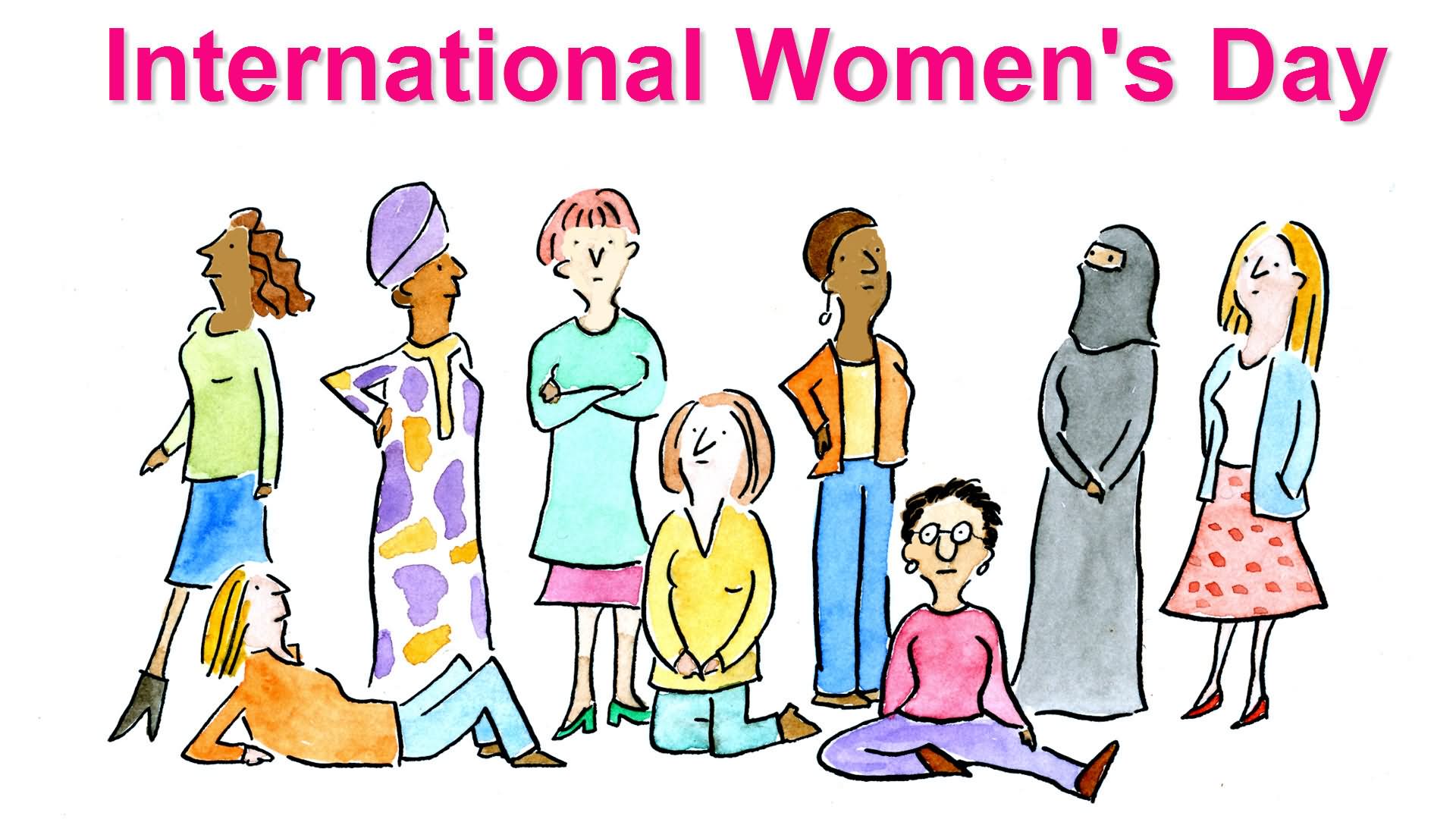
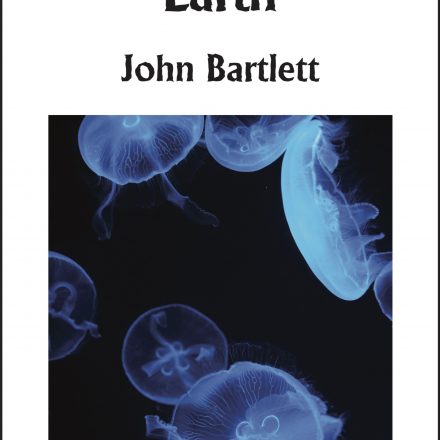
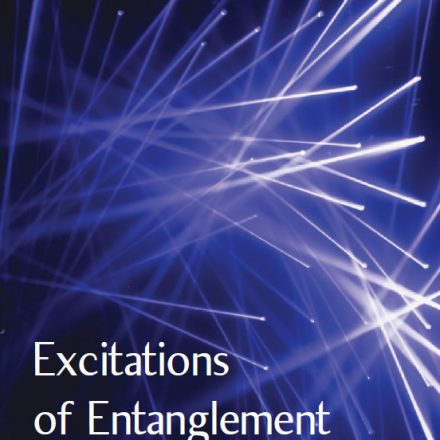
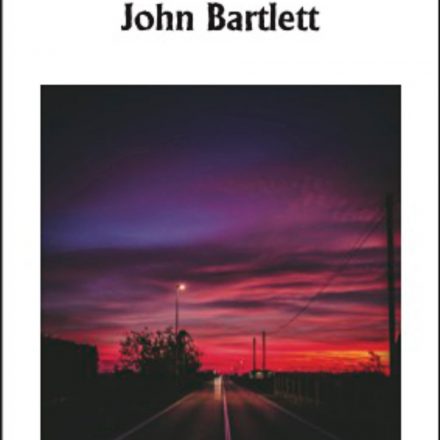
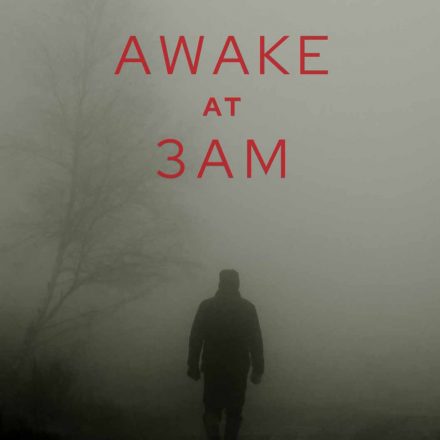
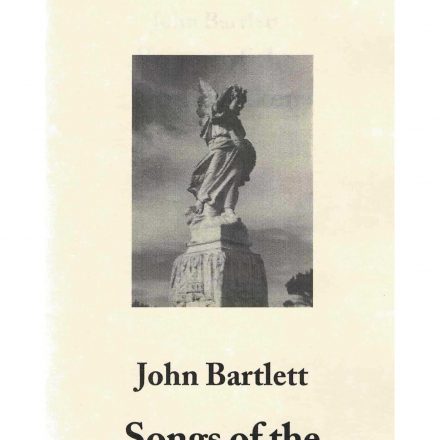

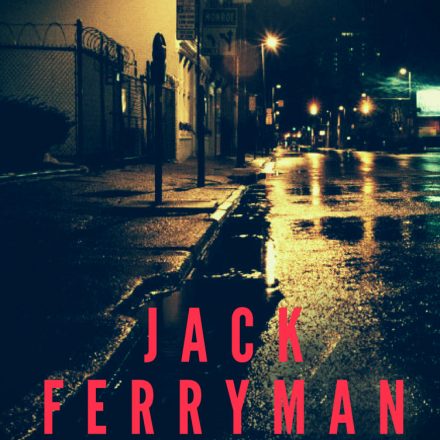
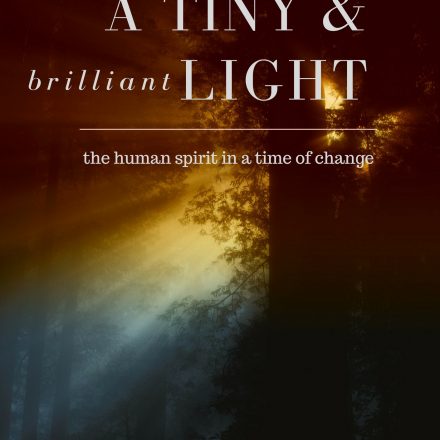

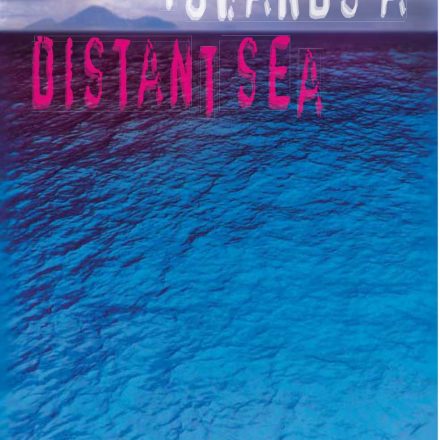









Thanks Ian, You have made me realise why it is that I’ve been so drawn to the Blues of the Southern States of the US. That’s probably why I love the darkness of those writers too, especially the semi-Gothic stories of Ron Rash.
A beautiful post, John, thank you. Planning to comment a bit later, I wrote down four immediate thoughts – the blues; Irish & Scottish songs; the myth of the Celts; and getting old. Clearly the first three are related, and every day the fourth moves closer to centre stage.
Yes, I know the blues began with the slave songs on the cotton fields of the southern states, and evolved through the historical changes which freed the slaves but kept their descendants largely in poverty. But also there is the blues element in the southern states country music tradition – a tradition which is like a trelliswork left by Scots and Irish settlers, those not wealthy enough to own a cotton plantation or a cattle ranch – the small family farmers, the ranch hands (cowboys), the muleskinners, the distillers of illegal poteen which evolved into American bourbon. Their songs of loneliness, being far from home, movin’ on, and never-ending poverty, contribute a second string to the blues of the African descent bluesmen and blueswomen.
And just as the original blues songs were accompanied by songs of hope – usually beyond the grave, the country music tradition includes celebratory music with bluegrass jigs from the Kentucky Irish and Scottish reels from the southern Appalachians. On Celtic influence in American music, let’s not forget the Cajun music of Louisiana, developed from the songs and music of the French settlers who came almost entirely from Bretagne. The Bretons are also a Celtic people, their language related to the Welsh, their music very similar to Scottish and Irish music.
American and Australian settlers of Celtic origin brought with them songs and stories of the lands they left behind – Scotland and Ireland including Ulster, with smaller numbers from Wales – songs and stories of loss and great, heroic battles. The festivities and music, the chivalry and honour, the learning and asceticism, the crofters, the peat gatherers and the fisher folk of past generations, provide the content of the modern Celtic myth, a myth no matter how much historical evidence is offered to support the songs and stories.
And getting old? My mind used to be focussed on my future – building a career, changing careers, developing new skills and capabilities, finding new friends and acquaintances, investigating new questions, challenging old beliefs. But now my mind is more often occupied with memories – mostly pleasant but because pleasant, accompanied by a sense of loss.
Maybe I shouldn’t have listened to so much blues and Celtic folk music in my younger days…
Thanks for your incisive musings on melancholia.
I have long since reflected on the finer points of melancholia, depression and sadness myself. The medical profession seems to think I am depressed. Maybe I could claim a higher state of melancholia and get on with one aspect or another of the arts.
Keep up your challenging and interesting writings.
Terry.
Hi John, I found this note you’ve offered on melancholy fascinating, and it proved to be a helpful step along my seemingly never-ending task of trying to ‘reframe’ my own experiences of depression. Somehow even the word melancholy sounds more gentle than depression, which these days is a loaded (ie pejorative) term anyway. After reading your note, I’ve been toying with telling myself I’m experiencing melancholy rather than depression: that has already lifted my mood! Love the Wodehouse quote!
Trevor